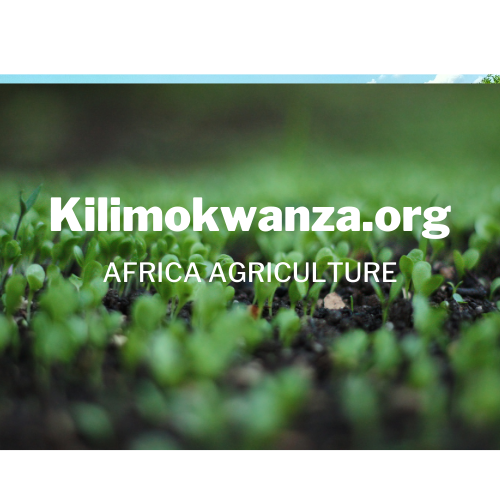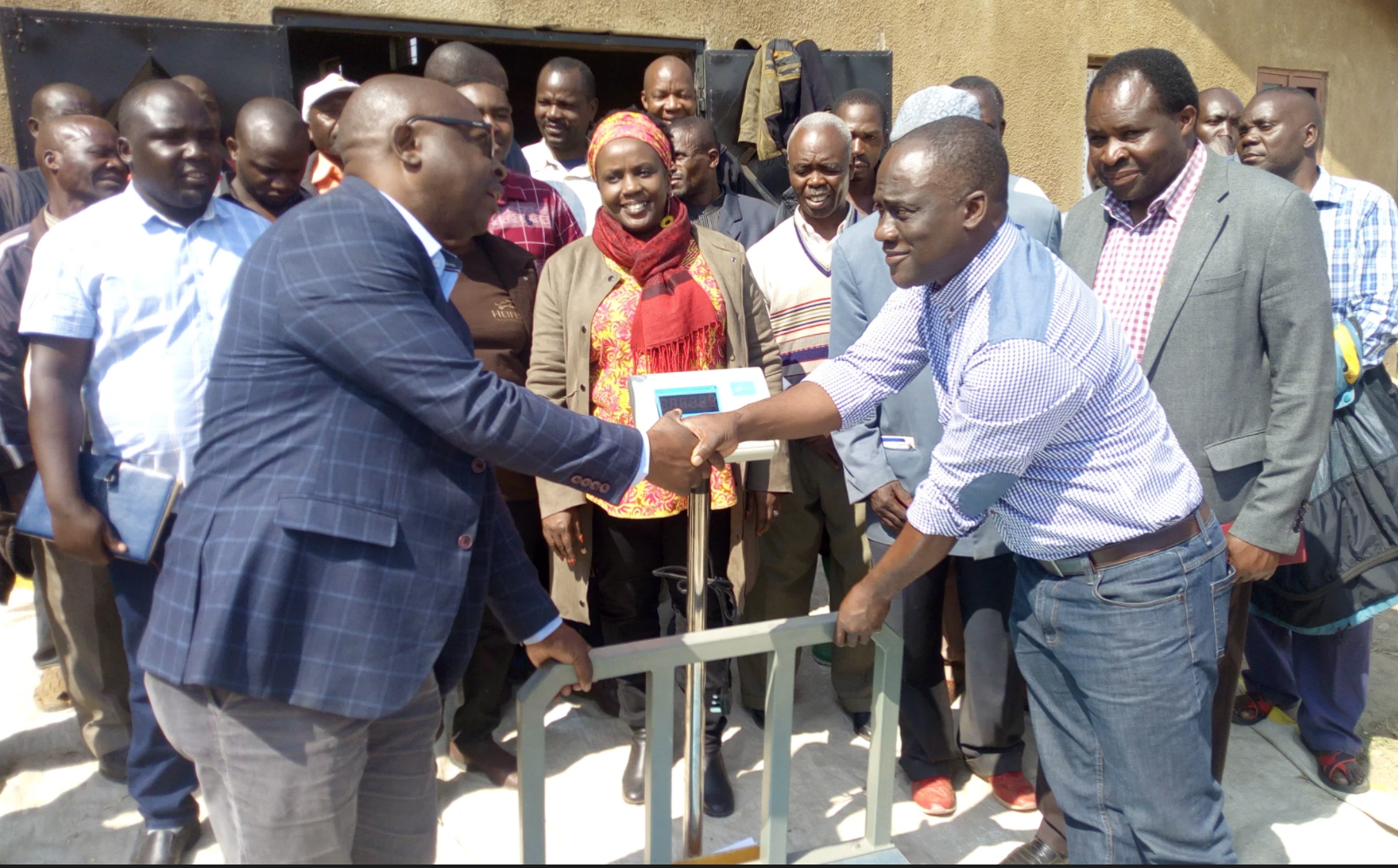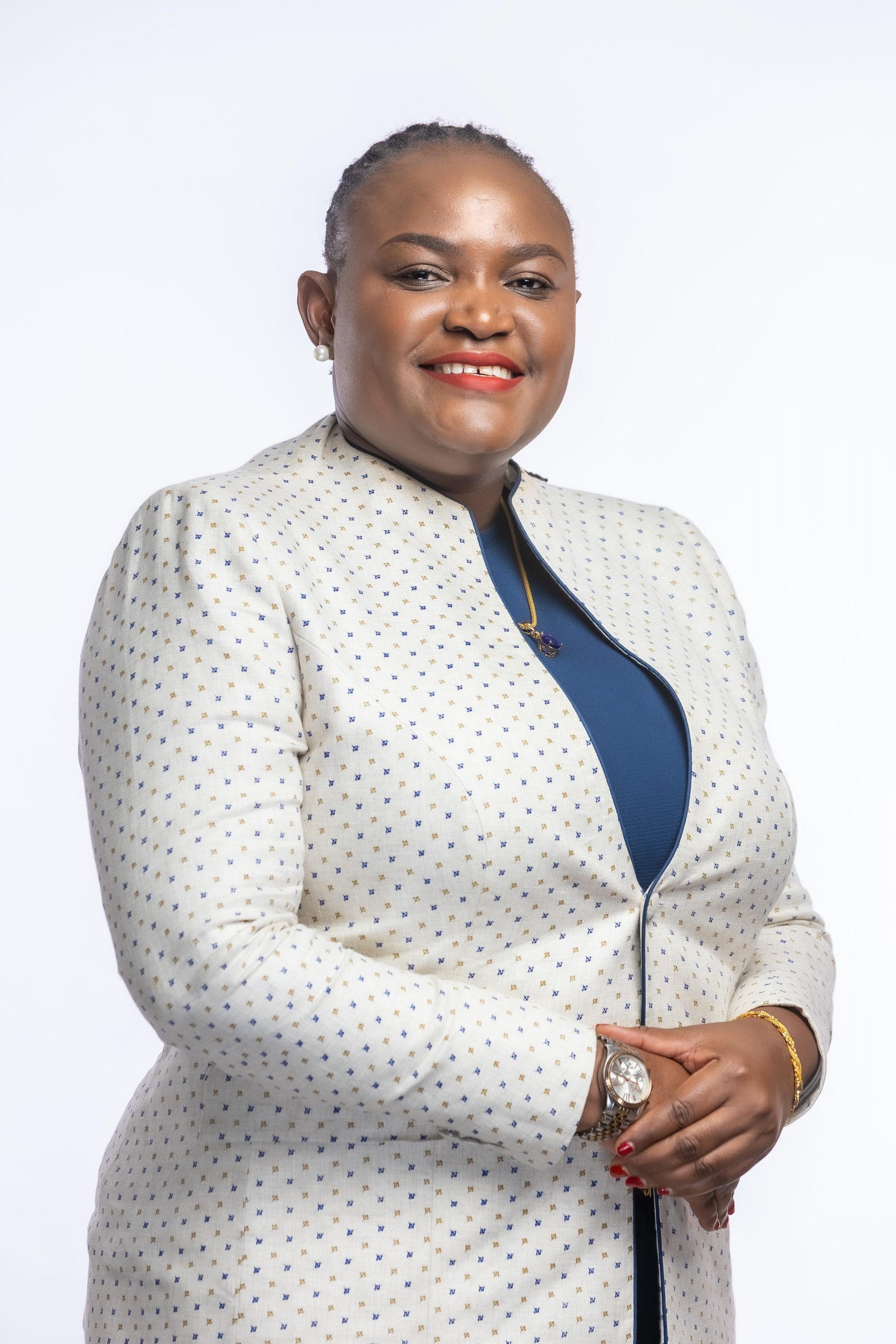CGIAR’s Pivotal Role in Addressing Climate Change and Food Security
Kilimokwanza.org Team
CGIAR, the preeminent global agricultural research network, has announced a groundbreaking investment of over USD 890 million. This substantial funding will be a game-changer in the fight against the escalating global food and climate crises.
CGIAR’s efforts are aimed at empowering smallholder farmers in developing nations, steering them towards more resilient, sustainable, and equitable food systems. This move is not just about food production; it’s a strategic push towards reducing agricultural emissions and enhancing access to nutritious, healthy diets for the most vulnerable.
The pivotal moment came at COP28, a conference that, for the first time in its history, placed agriculture at the forefront of climate discussions. Significant pledges from various countries and organizations, including a remarkable USD 200 million partnership by the UAE and the Bill & Melinda Gates Foundation, underscore the urgency and importance of this cause.
Dr. Ismahane Elouafi, CGIAR’s Executive Managing Director, emphasized the critical need for CGIAR’s research and innovation. With increased investments and partnerships, CGIAR is poised to leverage scientific solutions to address the dual challenges of food security and climate change.
The organization presented a compelling case for USD 4 billion in investments towards its 2025-2027 research portfolio. This plan outlines the dire state of the food and climate crises and the indispensable role of increased investment in agricultural R&D. The return on investment is phenomenal, with every USD 1 in agricultural research yielding up to USD 10 in benefits.
HE Mariam bint Mohammed Almheiri, the UAE’s Minister of Climate Change and Environment, highlighted the historic breakthrough at COP28. The ‘COP28 UAE Declaration on Sustainable Agriculture, Resilient Food Systems, and Climate Action’, endorsed by over 134 leaders, signals a collective commitment to transformative actions benefiting millions of farmers.
CGIAR’s focus isn’t limited to immediate solutions. With over 50 years of impactful science and innovation, CGIAR has contributed significantly to global food and nutrition security. Its influence is widespread, with its research being instrumental in the cultivation of almost half of the world’s wheatland and significantly reducing infant mortality in the developing world.
The UK’s International Development Minister, Andrew Mitchell, pointed out that innovation in food and nutrition security is a life-saver. He emphasized the need for continued support in this research to better address the challenges of people and the planet.
CGIAR’s ambitious 2025-2027 research portfolio is set to scale innovations worldwide. From AI-driven agricultural tools to the development of climate-resilient crops like bio-fortified sweet potatoes and scuba rice, the scope is vast and transformative.
Dina Esposito from USAID expressed pride in their early fulfillment of a USD 215 million commitment to CGIAR, emphasizing USAID’s ongoing investment through Feed the Future. This partnership is crucial for providing smallholder farmers with access to climate-smart innovations, ensuring sustainable food production amidst climate challenges.
With the support of funders and partners, CGIAR is uniquely positioned to advance its vision of a food, nutrition, and climate-secure future for all.



